Malaysian Work Visa: A Complete Guide for Foreign Workers
Malaysia is one of Southeast Asia’s most vibrant economies, offering a mix of cultural diversity, strong industries, and professional opportunities. With thriving sectors such as manufacturing, construction, healthcare, IT, and services, Malaysia continues to attract skilled and semi-skilled workers from around the globe. If you are planning to work in Malaysia, understanding the process of obtaining a Malaysian work visa is essential.
This guide provides a detailed overview of Malaysian work visas, eligibility requirements, types, application procedures, and important tips for foreign workers.
What is a Malaysian Work Visa?
A Malaysian work visa is a legal document that allows foreign nationals to live and work in Malaysia for a specific period. It is usually linked to an employment contract with a Malaysian employer. In Malaysia, work visas fall under the category of Employment Passes or Work Permits, depending on the job type and skill level.
Unlike tourist or social visit visas, a work visa grants foreigners the right to engage in paid employment. Employers in Malaysia must usually sponsor foreign employees, and the visa approval depends on both the employee’s qualifications and the employer’s eligibility.
Why Work in Malaysia?
Before diving into the visa process, here are a few reasons why Malaysia is a popular destination for foreign workers:
- Economic Growth – Malaysia’s economy is diverse and expanding, with opportunities in multiple sectors.
- Cultural Diversity – As a multicultural country, Malaysia is welcoming to foreign nationals.
- Strategic Location – Situated in Southeast Asia, Malaysia offers access to regional markets.
- Affordable Cost of Living – Compared to many developed nations, living costs are reasonable.
- Career Development – Foreign professionals and skilled workers can gain valuable international experience.
Types of Malaysian Work Visas
Foreigners who wish to work in Malaysia need the appropriate visa depending on their profession, skill level, and employment contract. The main types include:
1. Employment Pass (EP)
This is issued to highly skilled foreign professionals working in technical or managerial roles. The Employment Pass is valid for 1 to 5 years, depending on the contract. Categories under the Employment Pass include:
- Category I: For professionals earning a high monthly salary (usually RM 10,000 or above). Valid for up to 5 years.
- Category II: For mid-level professionals earning between RM 5,000 and RM 9,999. Valid for up to 2 years.
- Category III: For lower-level skilled employees earning between RM 3,000 and RM 4,999. Valid for up to 12 months, renewable up to 2 times.
2. Temporary Employment Pass (TEP)
This is for unskilled or semi-skilled foreign workers in sectors such as construction, manufacturing, agriculture, services, and plantation. The Temporary Employment Pass is valid for up to 12 months and can be renewed annually.
3. Professional Visit Pass (PVP)
Issued to foreign nationals who come to Malaysia for short-term work assignments (up to 12 months), such as training, consultancy, or providing services for a foreign company operating in Malaysia.
4. Foreign Domestic Helper Visa
This work permit is specifically for foreign nationals employed as domestic workers in Malaysian households.
Eligibility Criteria for a Malaysian Work Visa
The eligibility requirements vary depending on the type of work visa. In general, foreign applicants must:
- Have a valid job offer from a Malaysian employer.
- Meet the minimum salary threshold required for their visa category.
- Possess relevant academic qualifications or professional skills.
- Be free from criminal records and pass a medical examination.
- Work for an employer who is authorized to hire foreign employees under Malaysian law.
For unskilled workers under the Temporary Employment Pass, applicants are usually restricted to certain source countries approved by the Malaysian government.
Documents Required for a Malaysian Work Visa
While requirements may vary, the following documents are commonly needed:
- Completed visa application form
- Valid passport (with at least 18 months of validity)
- Recent passport-sized photographs
- Employment contract or offer letter
- Academic or professional certificates (for skilled jobs)
- Approval letter from the Malaysian Immigration Department
- Medical examination report (from an approved clinic)
- Company profile and registration documents (submitted by employer)
How to Apply for a Malaysian Work Visa
The process of obtaining a Malaysian work visa typically involves both the employer and the employee. Here is a step-by-step guide:
Step 1: Employer’s Application for Approval
The Malaysian employer must apply to the Expatriate Committee (EC) or relevant government agency for approval to hire a foreign worker. This includes submitting justification for hiring a foreigner over a local worker.
Step 2: Issuance of Approval Letter
Once approved, the Immigration Department issues an approval letter or Visa with Reference (VDR).
Step 3: Employee’s Visa Application
The foreign employee applies for the work visa at the Malaysian embassy or consulate in their home country using the approval letter.
Step 4: Entry into Malaysia
Upon receiving the visa, the employee can travel to Malaysia. At the point of entry, immigration authorities issue a work permit sticker on the passport.
Step 5: Work Visa Endorsement
The employee must register with the Immigration Department and collect the endorsed visa.
Processing Time for Malaysian Work Visa
- Employment Pass: Around 4 to 6 weeks
- Temporary Employment Pass: Around 2 to 4 weeks
- Professional Visit Pass: 1 to 3 weeks
Processing time may vary depending on the employer’s documentation and government approval.
Cost of Malaysian Work Visa
The cost of a Malaysian work visa depends on the visa category and duration. Typical fees include:
- Visa application fee (varies by nationality)
- Processing fee (charged by the Immigration Department)
- Pass fee (annual charge depending on the type of pass)
Employers often cover these costs for their foreign employees, but it is important to confirm this during the hiring process.
Rights and Restrictions of Foreign Workers in Malaysia
Foreign employees with a valid work visa have certain rights and obligations:
Rights:
- Legal permission to work for the sponsoring employer.
- Access to medical services and social security (where applicable).
- Possibility of bringing dependents (for certain Employment Pass categories).
Restrictions:
- Work is limited to the employer and job role stated in the visa.
- Changing employers requires prior approval and a new visa.
- Certain industries are restricted to local workers only.
Common Challenges in Getting a Malaysian Work Visa
Foreign workers may face difficulties such as:
- Stringent approval requirements by the government.
- Limited quota for unskilled labor from specific countries.
- High rejection rates for incomplete applications.
- Employers not meeting eligibility to hire foreigners.
To avoid delays, applicants must ensure all documents are accurate and employers are properly registered.
Tips for a Successful Malaysian Work Visa Application
- Check employer eligibility – Only work with companies authorized to hire foreigners.
- Meet salary thresholds – Ensure your job offer aligns with the minimum salary requirements.
- Prepare accurate documentation – Submit clear and authentic documents.
- Apply early – Start the process well before your intended start date.
- Consult official sources – Always verify requirements on the official Malaysian Immigration Department website.
Living and Working in Malaysia
After securing a work visa, foreign workers can enjoy Malaysia’s vibrant lifestyle. Major cities like Kuala Lumpur, Penang, and Johor Bahru offer modern infrastructure, cultural attractions, and diverse communities. However, it is important to respect local laws, traditions, and workplace culture to ensure a smooth stay.
Conclusion
Obtaining a Malaysian work visa requires careful planning, documentation, and cooperation between the employer and employee. With the right preparation, foreign nationals can secure employment opportunities in Malaysia and benefit from its growing economy.
Whether you are a skilled professional, semi-skilled worker, or a specialist on a short-term assignment, Malaysia offers pathways for international talent. By understanding the visa process, meeting the requirements, and working with authorized employers, you can build a rewarding career in this dynamic Southeast Asian nation.
Read Also:

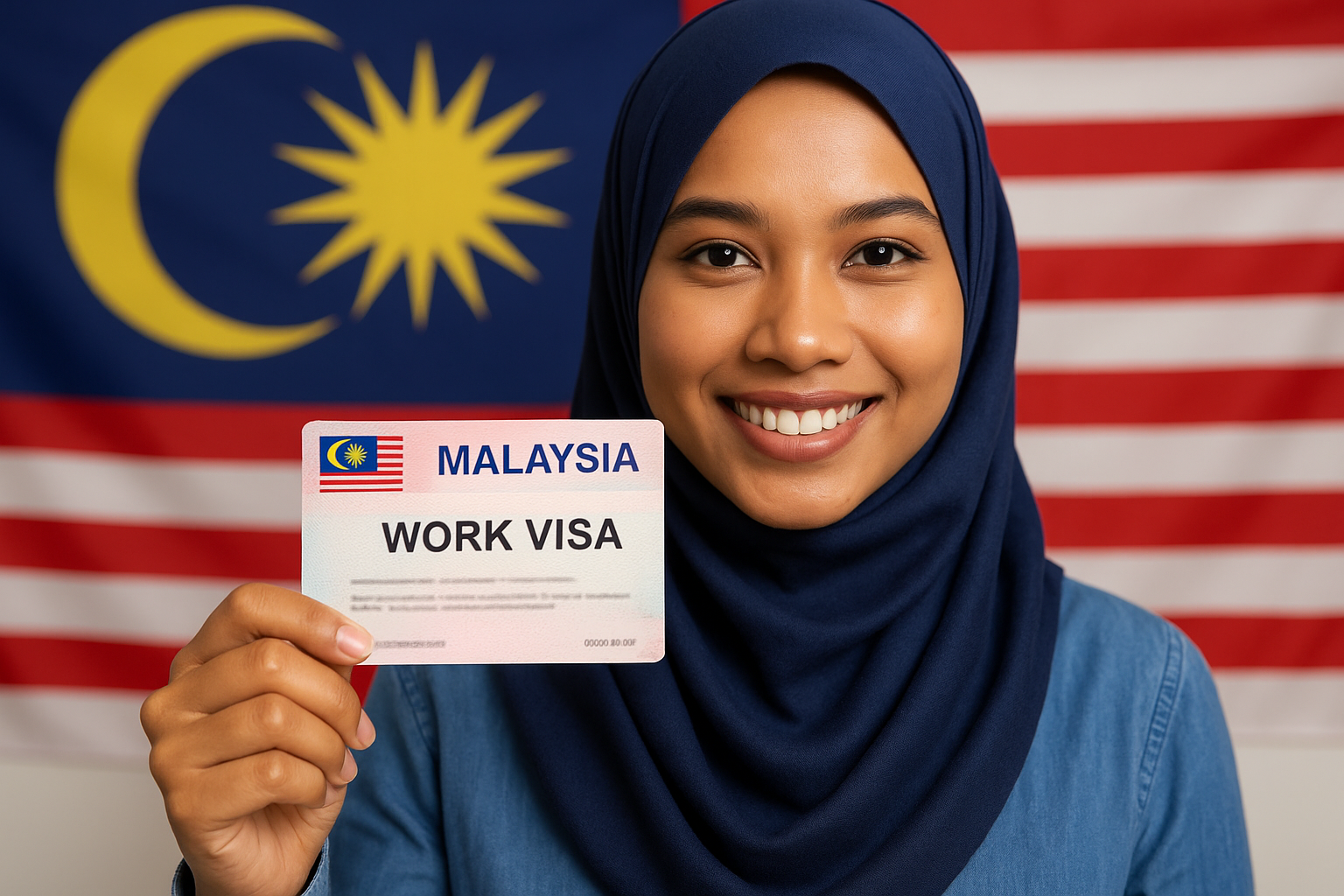
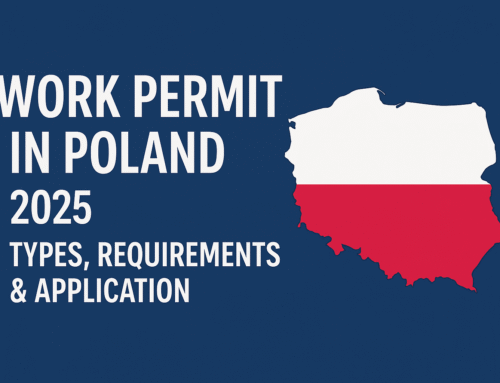
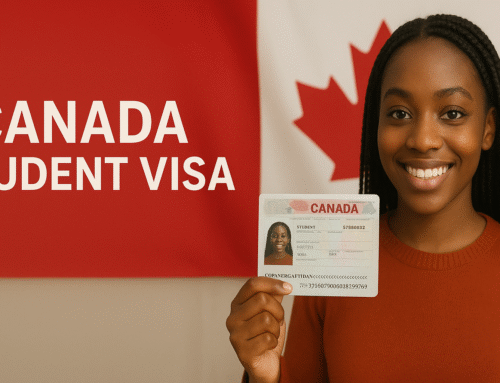
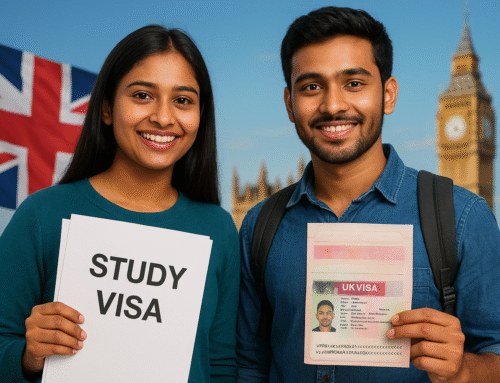
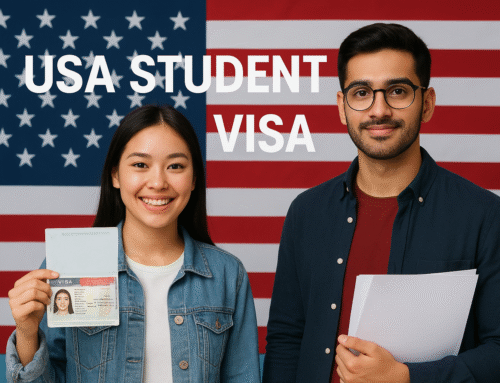
Leave A Comment